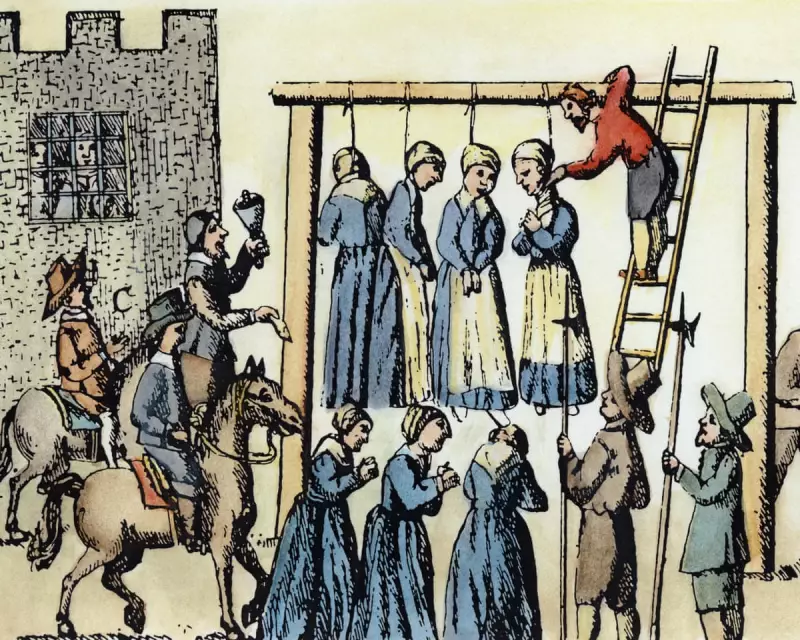
Centuries after their tragic deaths, hundreds of women executed for witchcraft in Britain may finally receive justice. A powerful campaign is gaining momentum, demanding the UK government issue a formal posthumous pardon for those persecuted during one of the nation's darkest historical periods.
A Legacy of Injustice
Between the 16th and 18th centuries, Britain witnessed widespread persecution of individuals accused of witchcraft, with women disproportionately targeted. Historical records indicate that approximately 400 people, the vast majority women, were executed under witchcraft laws that remained in force until 1735.
Campaigners argue that these women were victims of mass hysteria, misogyny, and superstition rather than genuine practitioners of dark arts. Many were vulnerable members of society - elderly, poor, or socially isolated women who became easy targets for community fears and accusations.
Modern Campaign for Historical Justice
The movement for posthumous pardons has gained significant traction, with supporters pointing to similar actions taken in Scotland and other European countries. In 2022, Scotland formally pardoned nearly 4,000 people accused of witchcraft, setting a powerful precedent for addressing historical wrongs.
Campaign organisers emphasise that while we cannot change the past, we can acknowledge historical injustices and ensure these victims are remembered properly. The pardon would serve as both symbolic justice and an important educational tool about this troubling chapter in British history.
Political Momentum Builds
Cross-party support appears to be growing for the initiative, with several MPs reportedly considering backing the campaign. Supporters argue that a formal pardon would represent an important step in recognising how legal systems have been historically used to persecute vulnerable groups.
The campaign also highlights ongoing issues of gender-based persecution and the importance of protecting marginalised communities in contemporary society. By addressing these historical wrongs, campaigners hope to promote greater awareness of how prejudice can become institutionalised within legal systems.
As the movement gains momentum, it raises profound questions about how modern Britain reckons with the darker aspects of its history and what steps should be taken to address historical injustices that continue to resonate today.






